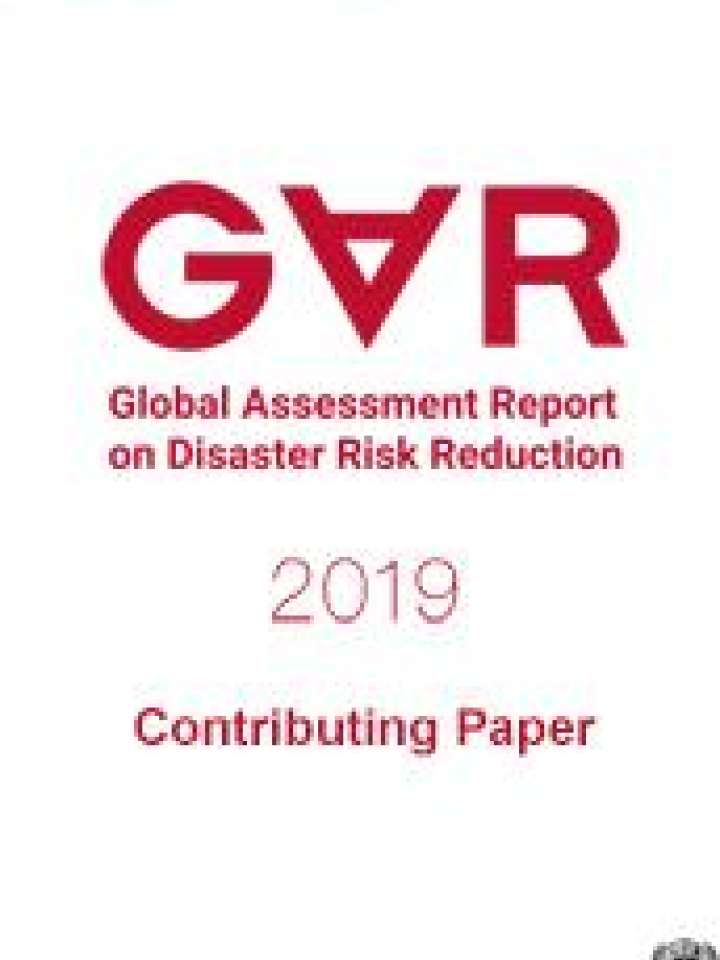The importance of robust baseline data on past flood events for regional risk assessment: a study case from the Indian Himalayas
According to the Sendai Framework for Disaster Risk Reduction, the understanding of the frequency, magnitude, and impact of recent and past extreme events is a cornerstone for coping with future disasters. Nevertheless, baseline data is often scarce, especially in mountain environments. Here, the authors show with an example how extending the records of past flooding contributes towards a more robust flood risk assessment in a poorly gauged, but highly populated mountain region in the Indian Himalayas (Kullu district; Himachal Pradesh). Drawing from tree ring-based evidence of past floods, this report reconstructs the occurrence of thirty-three flood events over the last century. This reconstruction complements substantially the existing records. The authors also used fieldbased and hydraulic modeling to estimate flood magnitudes, which were used to derive a regional flood frequency. Finally, the authors show how this regional flood frequency can be merged with freely accessible spatial (i.e. aerial or satellite imagery and topographic data) and socio-economic (i.e. Indian Census) information to perform a flood risk assessment for Kullu district.
The reconstruction highlights the existence of an important number of floods over the last six decades that were not previously recorded (~60% of cases), which defines a high frequency of events in the region (up to 1.1 events per year). The inclusion of this information in the regional flood frequency demonstrates that the flood hazard is underestimated if only data from gauge stations are considered in this assessment. These outcomes reinforce the idea that comprehensive risk assessments should be complemented with evidence-based data on past extreme floods. Therefore, acquiring qualitative and quantitative baseline information in poorly gauged regions should be prioritized to provide the necessary robust foundation for adaptation planning.
This paper is a contribution to the 2019 edition of the Global Assessment Report on Disaster Risk Reduction (GAR 2019).
To cite this paper:
Ballesteros-Cánovas, J. A. et al. The importance of robust baseline data on past flood events for regional risk assessment: a study case from the Indian Himalayas. Contributing Paper to GAR 2019
